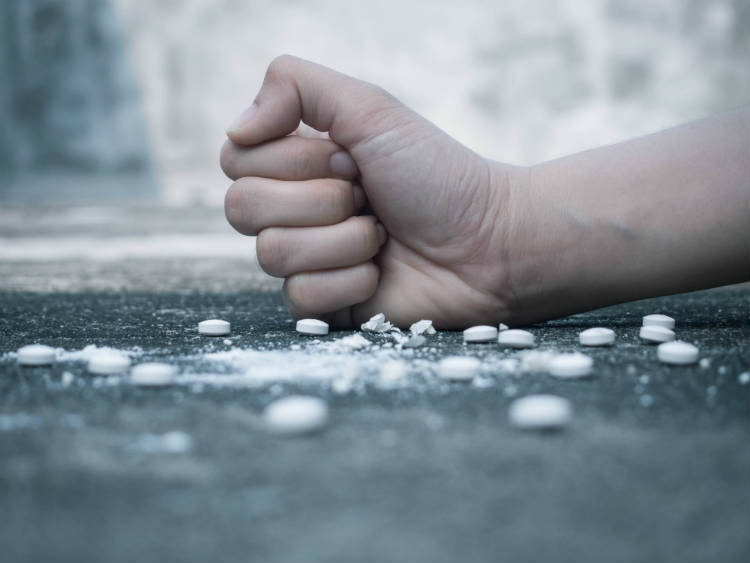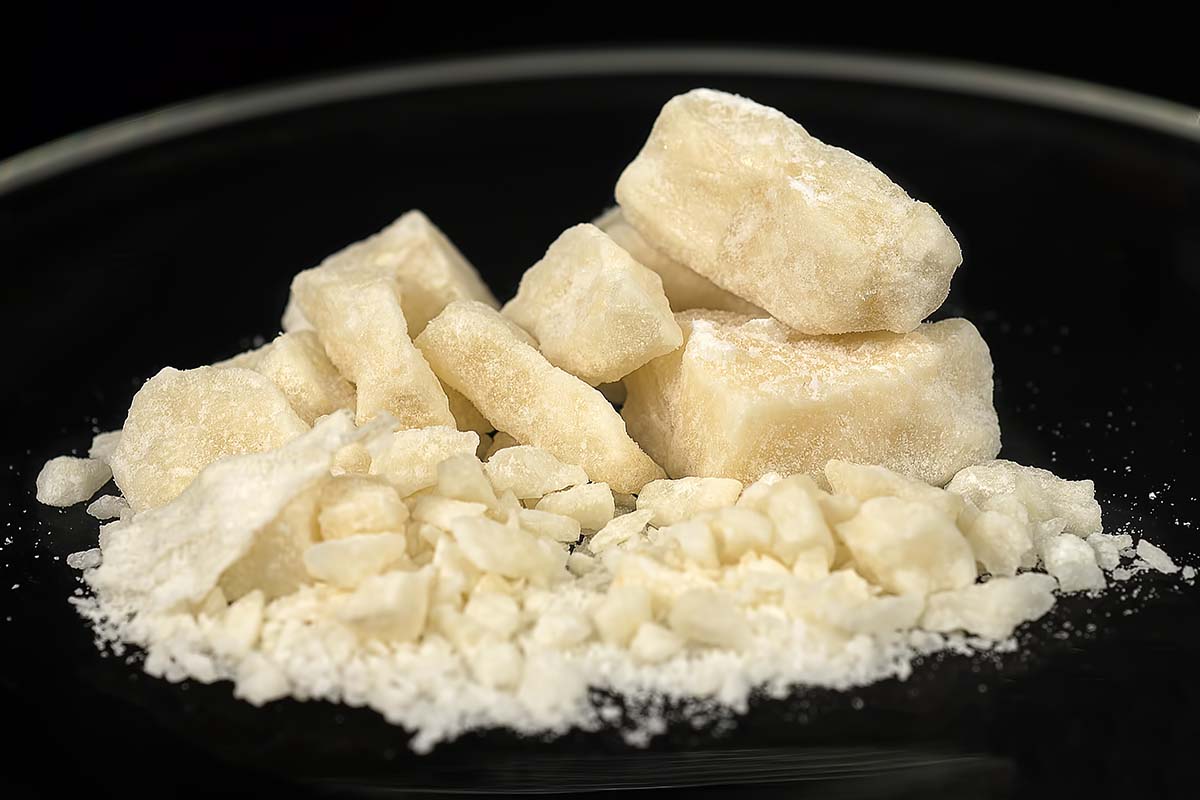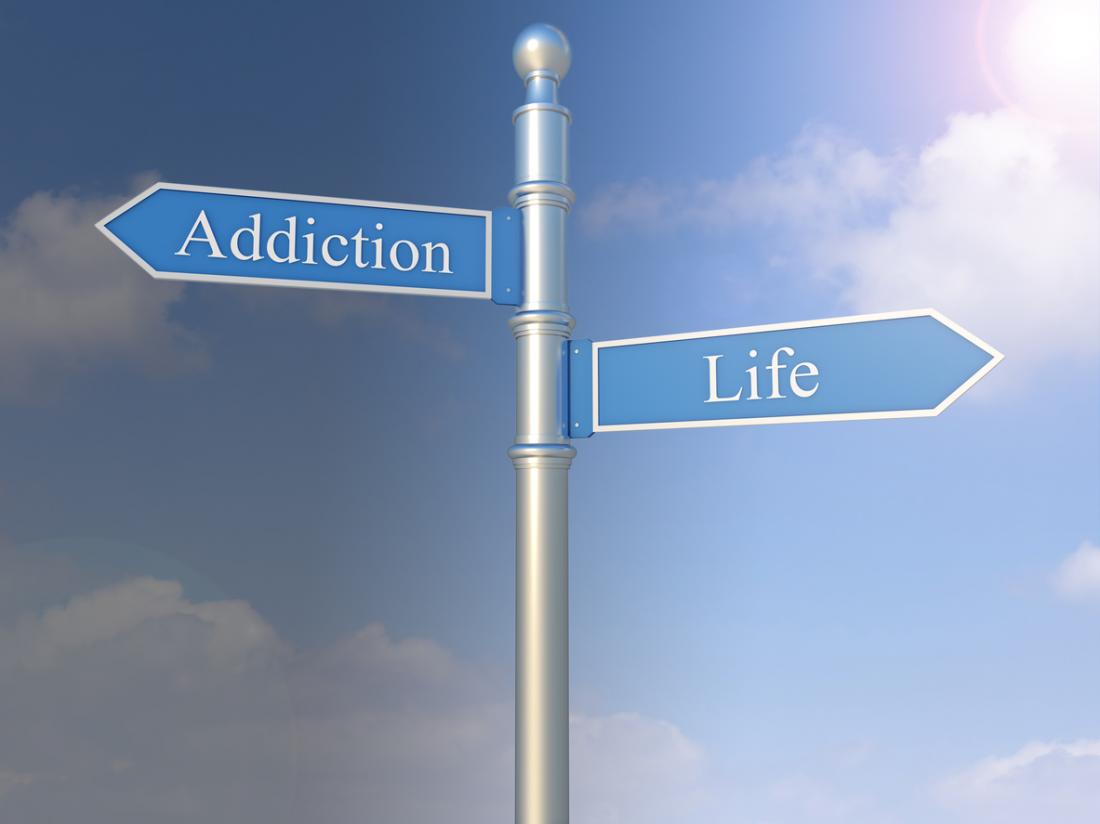

Treatment can be done on an outpatient basis or as part of a residential treatment program. Behavior treatmentīehavior treatments show promising results for helping people through cocaine addiction. And they often include support groups, vocational rehab, or therapy. These programs can last for several weeks to a year. Residential treatment programs work to cover all facets of addiction.

Physical effects of cocaine addiction include:Ĭocaine addiction is also associated with medical conditions that include: Psychological effects of cocaine addiction include: This may lead to using greater amounts of it, which can impact your mental and physical health. A high tolerance means it takes more cocaine for you to feel its effects. Many users begin to crave the feelings that cocaine creates.įrequent use of cocaine can cause you to develop a higher tolerance to the drug. Some people report that cocaine helps them think and perform tasks more quickly. This heightens the pleasurable sense of euphoria.Ĭocaine can also minimize your desire for sleep and food. This allows large amounts of the neurotransmitters to accumulate and stimulate the surrounding nerve cells. Cocaine causes your dopamine levels to rise causing the user to feel euphoric.Ĭocaine prevents the dopamine, and other neurotransmitters norepinephrine and serotonin, from being taken up into the nerve cells. This causes feelings of pleasure and satisfaction. It causes a naturally occurring neurotransmitter called dopamine to increase its concentration in the brain. Addiction can occur quickly from any of these methods.įor a short time, cocaine has stimulating effects on the body. It can also be smoked after being processed into a form called crack cocaine. And it can be used via genital or rectal routes. It can be inhaled through the nose or injected into a vein. It can also be mental, meaning you strongly desire the drug’s effects.Ĭocaine can be consumed in a variety of ways. Addiction to cocaine can develop quickly, even after trying it only a few times.Īn addiction can be physical, meaning your body craves the drug.

It affects the neuropathways in your brain, leading you to feel talkative, energetic, and euphoric. It’s highly addictive, and in the United States, recreational use is illegal.Ĭocaine is a stimulant, meaning it increases alertness and energy. According to the National Institute on Drug Abuse, about 15 percent of people in the United States have tried cocaine.Ĭocaine is also known as coke, C, flake, snow, crack, and blow. Cocaine is a drug made from the leaves of the coca plant native to South America.


 0 kommentar(er)
0 kommentar(er)
